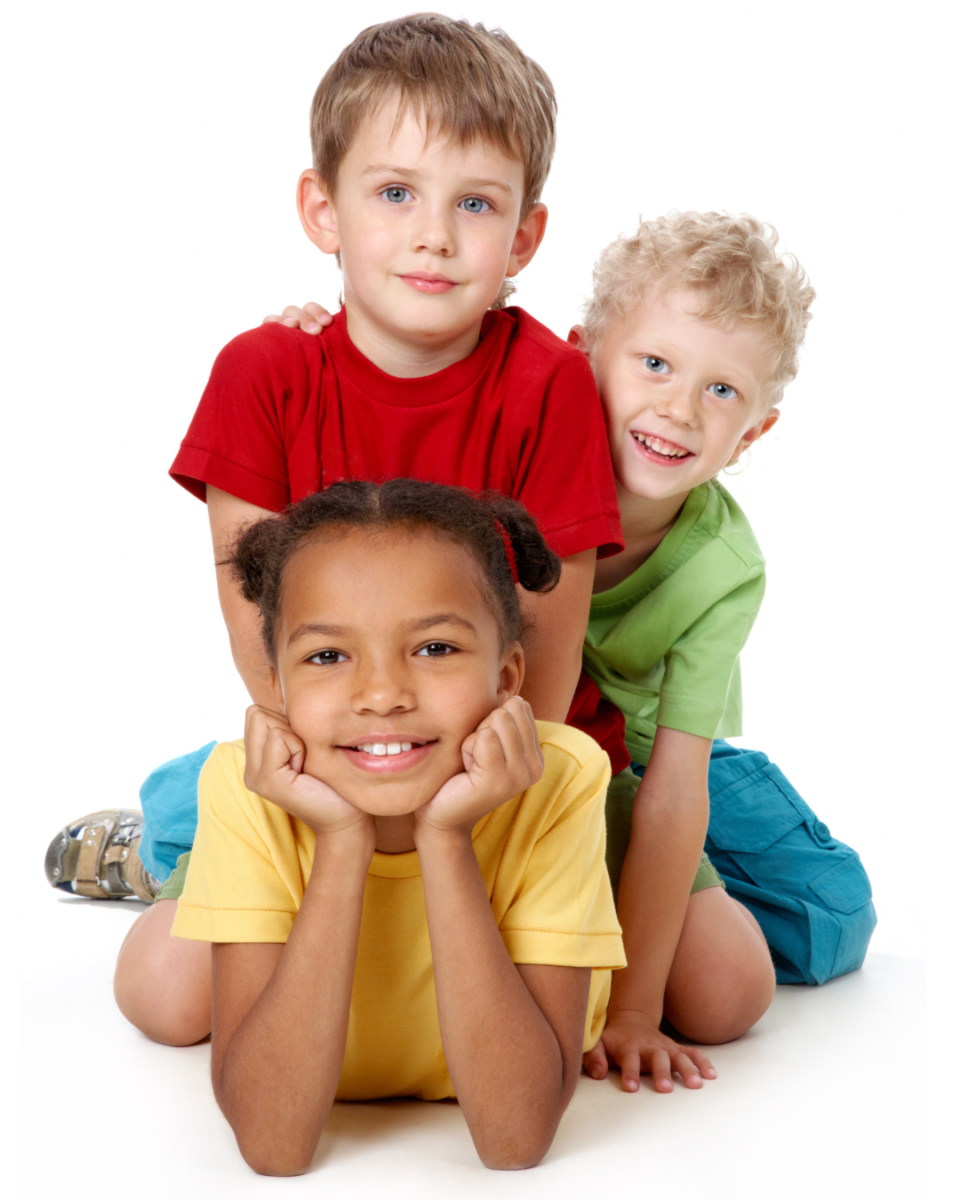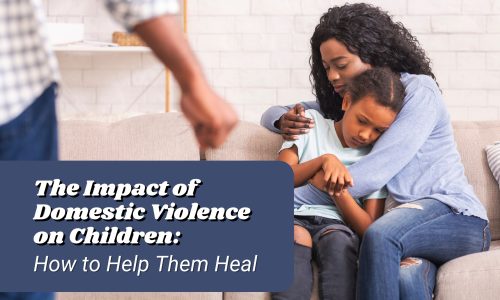Domestic violence affects not only the direct victims but also leaves deep scars on children who witness it. Even if they are not physically harmed, children live in fear and distress when exposed to violence, which can impact their emotional, social, and mental development. Understanding this impact is essential to support their healing and well-being.

Long-Term Consequences for Children
Children who grow up in violent environments may experience long-term consequences that affect their behavior and mental health:
1. Emotional and Behavioral Issues:
- Anxiety, depression, and constant fear.
- Outbursts of anger, sadness, or withdrawal.
- Development of low self-esteem and feelings of guilt.
2. Academic Difficulties:
- Problems concentrating or staying motivated.
- Poor academic performance and declining grades.
3. Struggles with Relationships:
- Greater likelihood of aggressive or introverted behavior.
- Difficulty trusting others and forming healthy bonds.
4. Physical and Psychological Impact:
- Sleep and eating disorders.
- Potential risk of chronic illnesses due to prolonged stress.
How to Help Children Heal
Early and proper support can make a significant difference in a child’s recovery. Here are some key recommendations:
1. Create a Safe and Stable Environment
It’s essential for the child to feel safe. Emotional stability and a daily routine are vital for recovery.
2. Listen Without Judgment
Give the child space to express their emotions. Validate their feelings and let them know it’s okay to feel sad, scared, or angry.
3. Reinforce That It’s Not Their Fault
Many children blame themselves for the violence around them. It’s important to remind them that they are not responsible for adults’ actions.
4. Encourage Creative Expression
Art, writing, or music can be therapeutic ways for children to express emotions and cope with trauma.
5. Seek Professional Support
Psychological therapy is crucial for both the child and the affected caregiver. Professionals can provide effective tools for trauma management.
6. Maintain a Strong Support Network
Having family, friends, or support groups around can help the child feel accompanied and understood.
7. Watch for Signs of Danger
If the child’s safety is at risk, contact authorities or child protection services immediately. The child’s well-being must be the priority.
The Role of the Community in Recovery
Healing is not a journey the child must take alone. Communities, schools, and support groups play a vital role in providing a safe environment that fosters recovery.

Raising awareness about the importance of timely intervention can help break the cycle of violence and protect vulnerable individuals.
At Santana Globally We Care, we are committed to supporting children and their families. We believe that every child has the right to grow up in a safe and loving environment. With the right support, it is possible to overcome dark moments and build a future filled with hope and opportunities.
If you know a child who has witnessed domestic violence, remember: you can be the light that guides them towards healing. We are here to help!
🔗 Read more on how to support victims of domestic violence on our blog.


